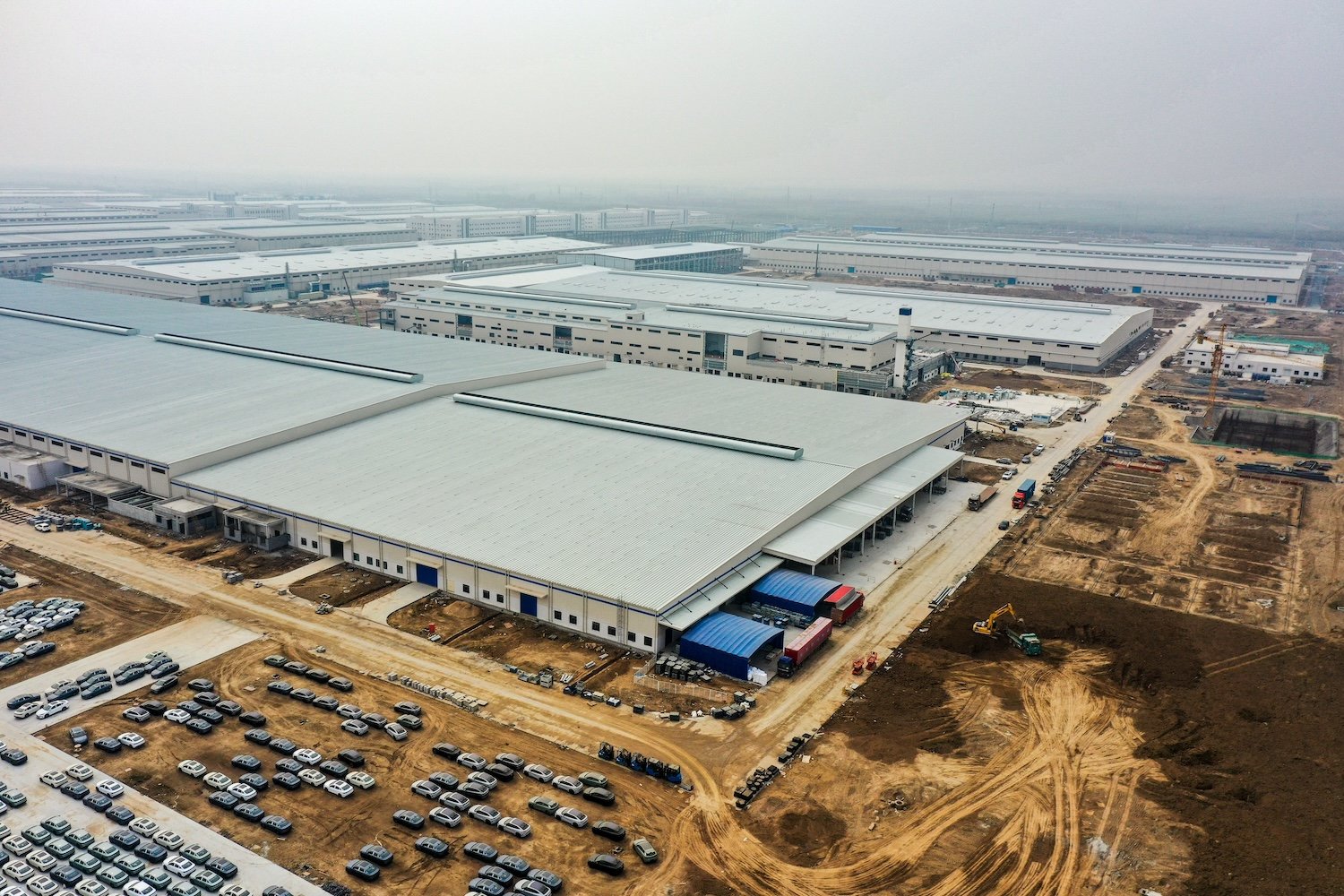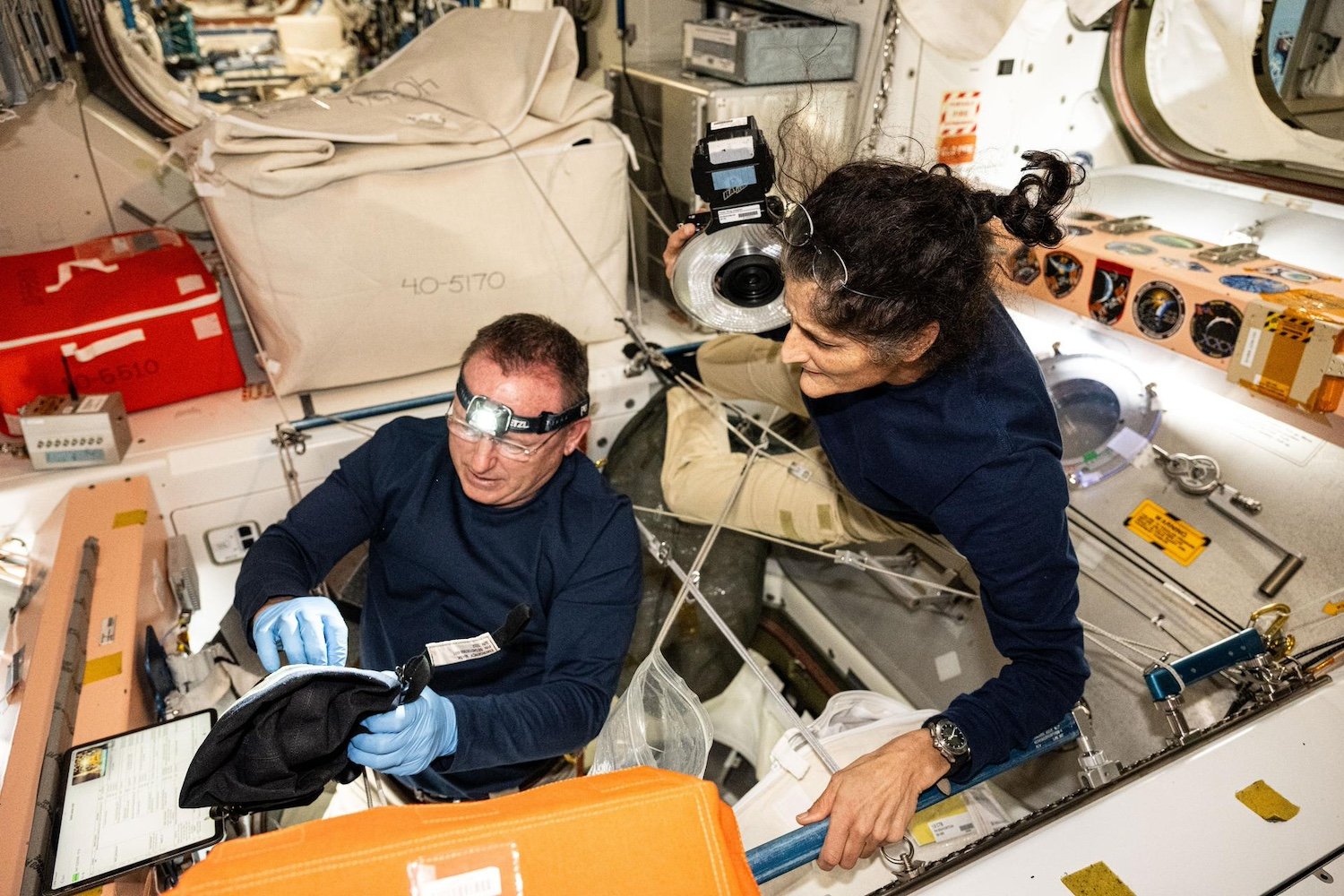The advent of Artificial Intelligence (AI) is distinct from previous technological revolutions, including mobile, social, and cloud computing, in its scope and impact.
Mary Meeker, a renowned venture capitalist, has recently published a comprehensive 340-page report titled “Trends — Artificial Intelligence,” which highlights the unprecedented speed of AI development, adoption, investment, and usage, supported by extensive data and charts. The report mentions the term “unprecedented” on 51 pages, underscoring the unique nature of this technological shift.
Meeker notes in the report, “The pace and scope of change related to the artificial intelligence technology evolution is indeed unprecedented, as supported by the data.” This assertion is significant, given her background as the founder and general partner at VC firm Bond and her previous role as a leading analyst on internet trends.
Meeker’s historical context is noteworthy, as she was once dubbed the “Queen of the Internet” for her annual Internet Trends reports. Before founding Bond, she led Kleiner Perkins’ growth practice from 2010 to 2019, backing prominent companies like Facebook, Spotify, Ring, and Block (formerly Square). Her decision to release a trends report after a hiatus since 2019 underscores the importance of documenting the rapid evolution of AI.
The report details how AI adoption has surpassed that of any other technology in human history. For instance, ChatGPT reaching 800 million users in just 17 months is unprecedented, as is the number of companies achieving high annual recurring revenue rates. The speed at which usage costs are decreasing is also without precedent.
While the cost of training AI models can be substantial, with some reaching $1 billion, the cost of using the technology, known as inference costs, has plummeted by 99% over two years, according to research from Stanford. This reduction in costs is transforming the accessibility and affordability of AI.
The pace at which competitors are matching each other’s features at a fraction of the cost, including open-source options, particularly from Chinese models, is unprecedented. For example, Nvidia’s 2024 Blackwell GPU uses significantly less energy per token than its 2014 Kepler GPU predecessor, marking a substantial advancement.
Meanwhile, tech giants like Google and Amazon are developing specialized chips, such as Google’s TPU and Amazon’s Trainium, for their cloud services, indicating a rapid scaling of AI infrastructure. Meeker emphasizes that these developments are not side projects but foundational bets on the future of technology.
However, one area where AI has not outpaced other tech revolutions is in financial returns. Despite significant investments by venture capitalists, AI companies and cloud service providers are also experiencing substantial cash burn due to the high infrastructure costs associated with AI.
This situation benefits consumers and enterprises, who are seeing rapid improvements and lower costs due to competition. However, it remains to be seen which companies will emerge as profitable, next-generation tech giants. Meeker cautions, “Only time will tell which side of the money-making equation the current AI aspirants will land.”
For the rest of us, the message is clear: the AI revolution is moving at an unprecedented pace, and we should be prepared for the changes it will bring.
Source Link





